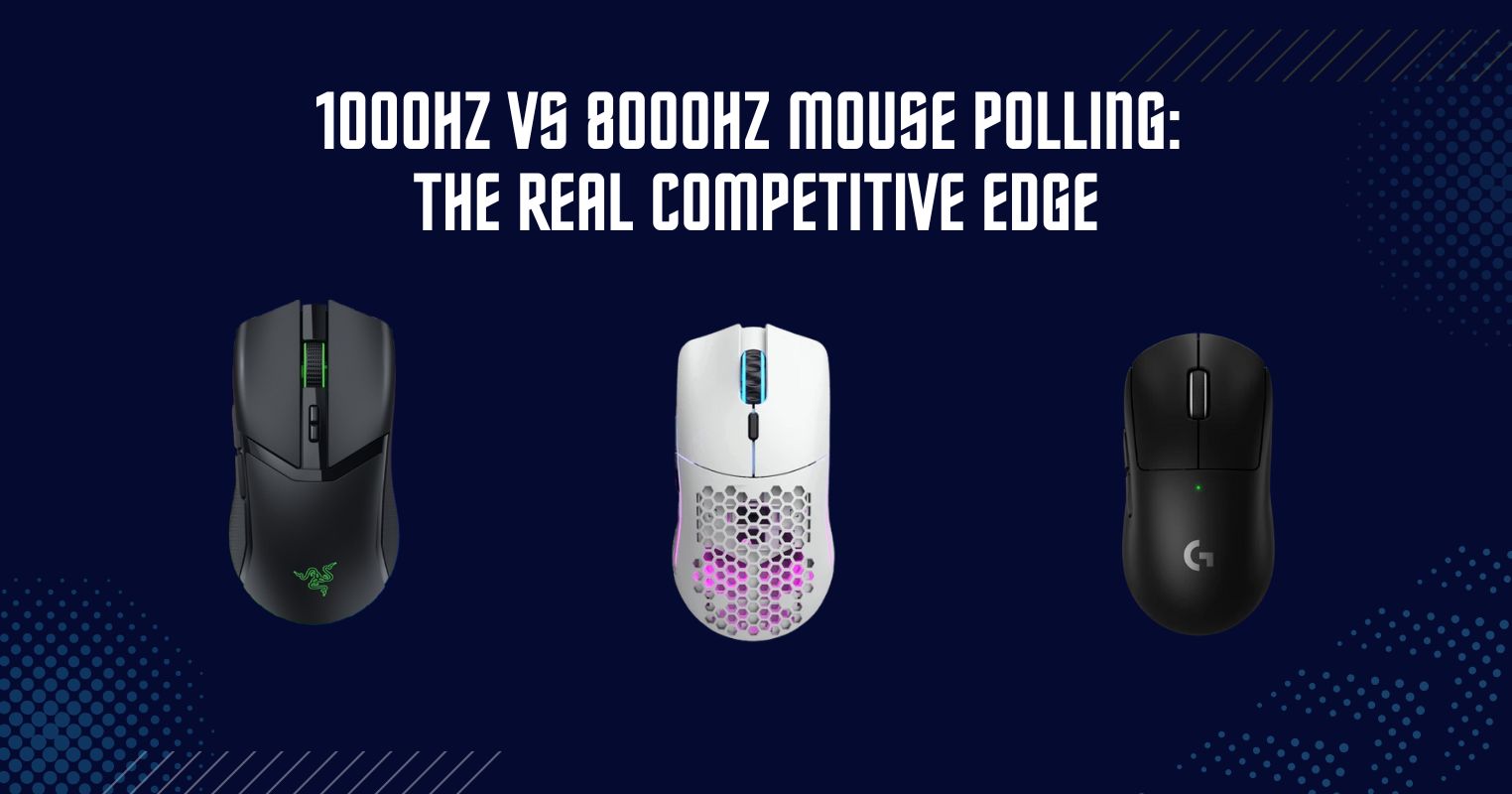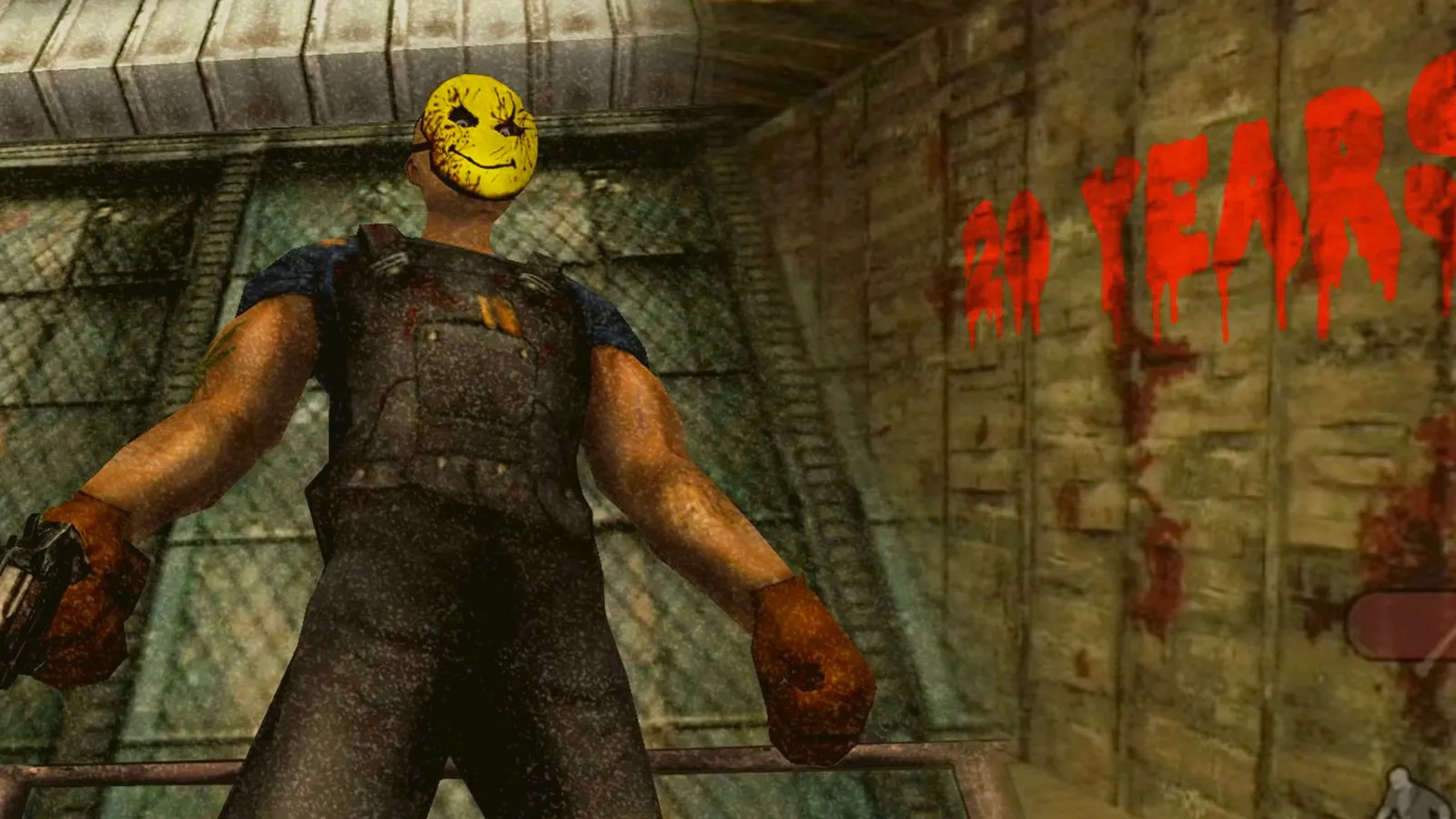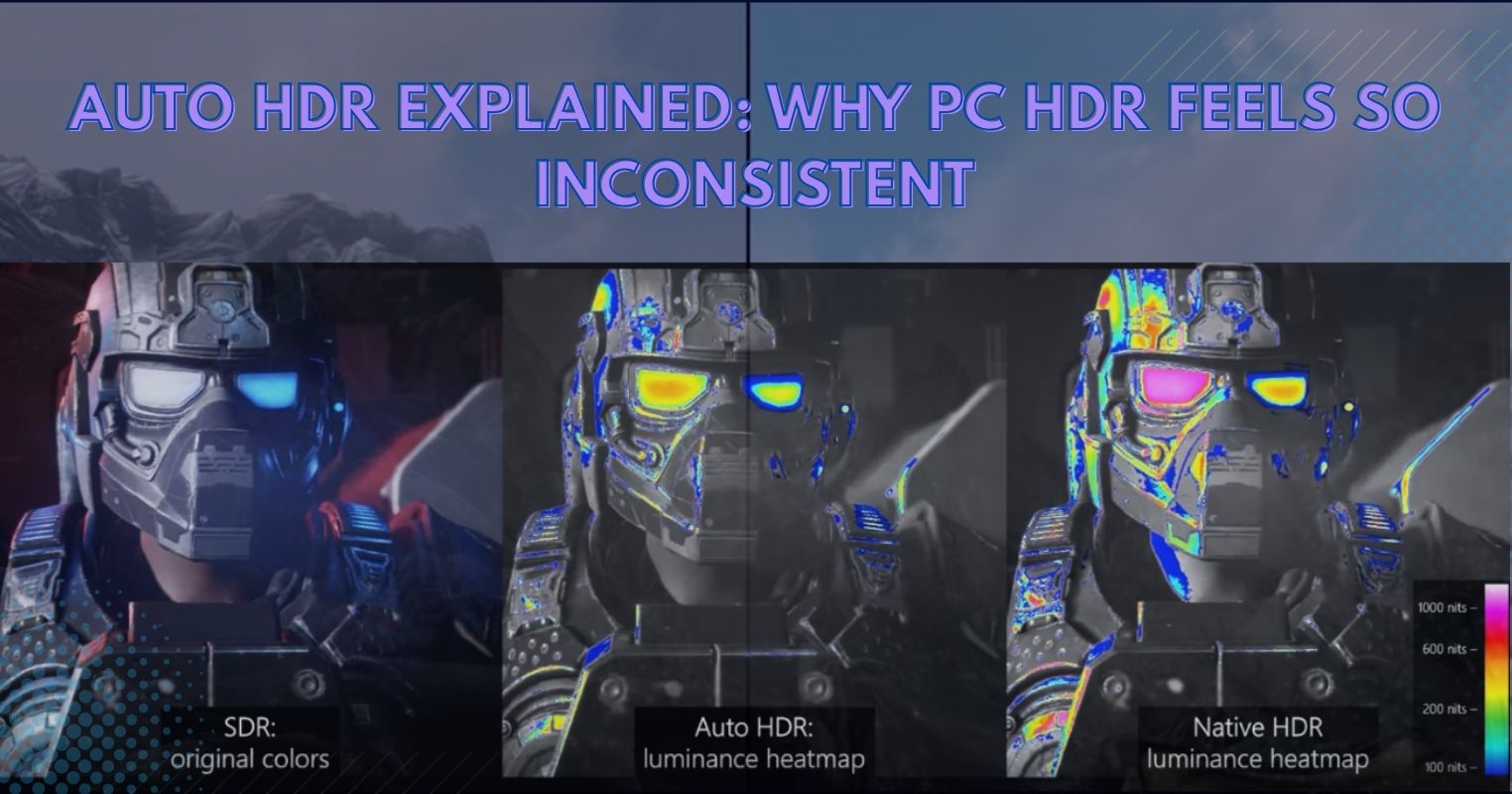- The gaming industry appears to be moving toward completely eradicating physical releases.
- I believe this shift poses a threat to consumer rights, and the industry needs both physical and digital releases.
- Still, given the cost benefits of digital releases, publishers may be willing to look past consumer benefits and pick digital-only distribution.
Digital media has seen a massive increase in popularity over the years, making physical media almost non-existent in the film and music industries.
While gaming on PC has experienced a similar move away from physical media, the same cannot be said for consoles—though times are rapidly changing, with big games like Hellblade 2 launching as digital-only titles.
Both PlayStation and Xbox have hinted at a digital-only future, and more publishers are now focusing on digital-only releases. It seems that physical media may barely exist in the next few years.
However, I believe this shift is not a positive one, as it poses a threat to consumer rights.
Why it matters: Digital releases offer several advantages but should not be the only legal method available to access a game, as the absence of physical media brings its own issues.
The Downsides Of Digital Only Releases
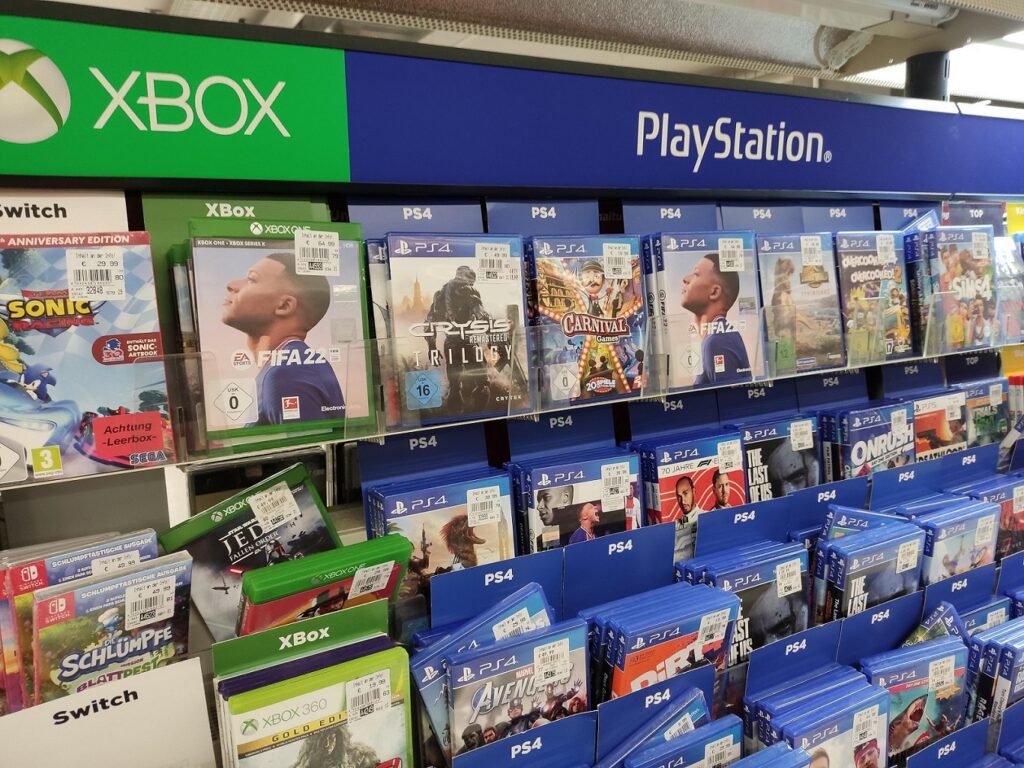
I believe that the gaming industry needs both digital and physical game releases, as the absence of either would negatively impact it.
Consumers should have the final choice, with multiple options to choose from. Since the industry is already moving toward digital-only releases, a plethora of issues could become a hindrance for many consumers.
You don’t really own digital games; you only buy a license to access them. As seen with games like The Crew, this right can be taken away at any time without your consent. This raises the issue of preservation because if access to a game is entirely revoked, it cannot be played, leading to preservation concerns.
Moreover, a major advantage of physical titles is that they can be resold, traded, or borrowed. This is rarely true for digital content, as it is typically linked to specific accounts, though it can be shared through certain methods.
Discs also simplify installation, reducing the download size significantly, which benefits people with unreliable internet connections. This convenience does not exist with digital games, as you need to download the entire file online.
Another significant downside of digital-only releases is that if you lose access to your account or it gets stolen, you lose all your content and won’t be able to access it anymore.
I’ve personally seen this happen to people, with PlayStation support being of little help in recovering an account worth thousands of dollars. Perhaps the biggest downside is that your libraries die with you.
Finding The Right Balance
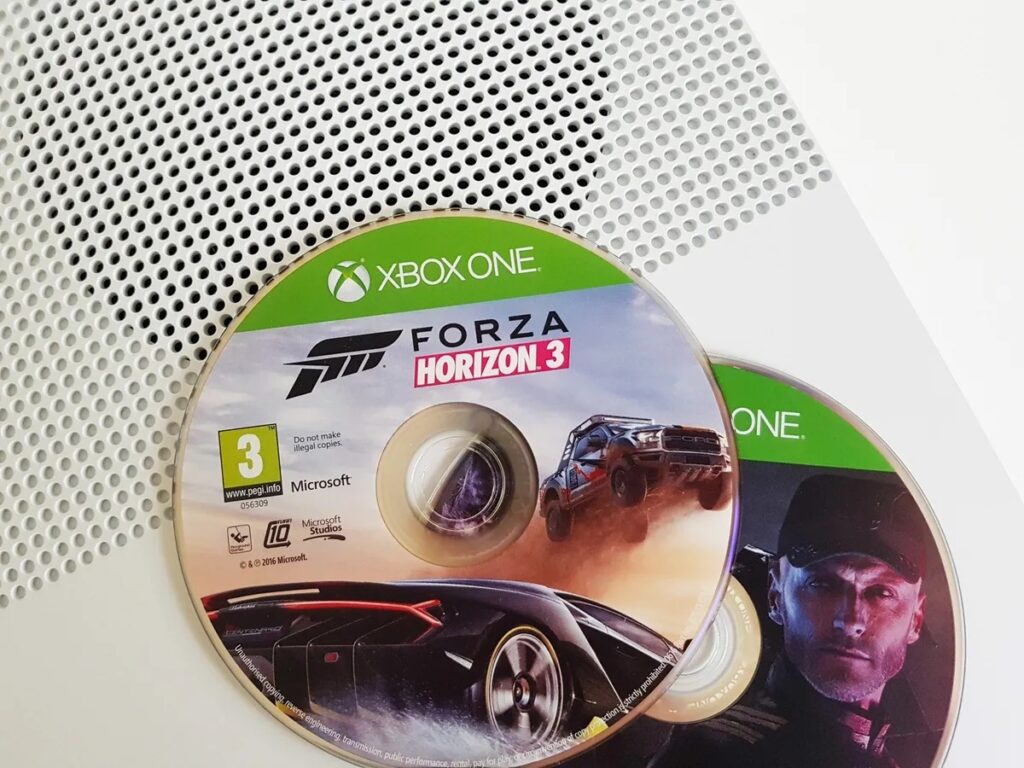
While the above information makes physical releases sound like the best option, they are not. This is because physical releases have their own downsides, as they are susceptible to wear and tear, which can render them unplayable over time.
Additionally, physical discs can be lost or damaged, with tons of other downsides, which is why physical-only releases shouldn’t be the strategy either. The gaming industry needs both options to create a balanced environment, offering consumers multiple options.
This approach gives consumers the choice of picking what is best for them rather than forcing a single method of purchasing games.
Still, the final decision lies with the publishers. Their decisions often favor digital releases, as they can be more cost-effective by eliminating the expenses associated with physical production.
Thank you! Please share your positive feedback. 🔋
How could we improve this post? Please Help us. 😔
[Senior News Reporter]
Avinash is currently pursuing a Business degree in Australia. For more than 5 years, he has been working as a gaming journalist, utilizing his writing skills and love for gaming to report on the latest updates in the industry. Avinash loves to play action games like Devil May Cry and has also been mentioned on highly regarded websites, such as IGN, GamesRadar, GameRant, Dualshockers, CBR, and Gamespot.


